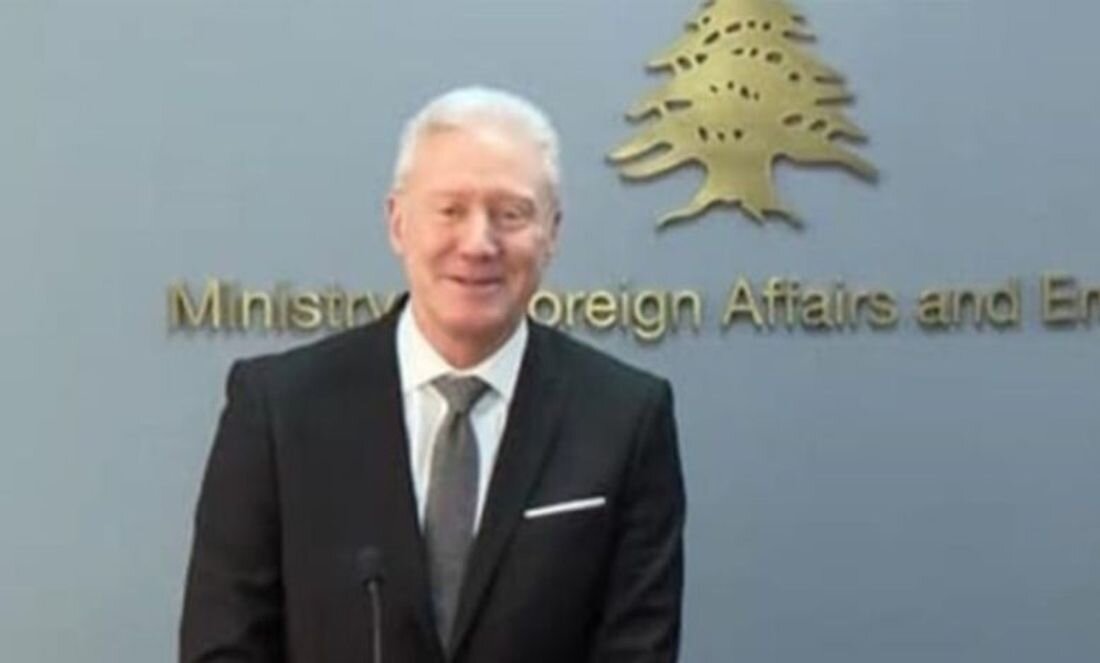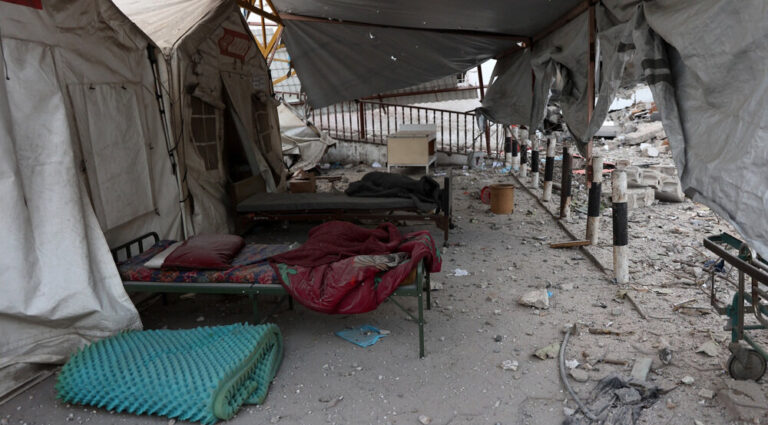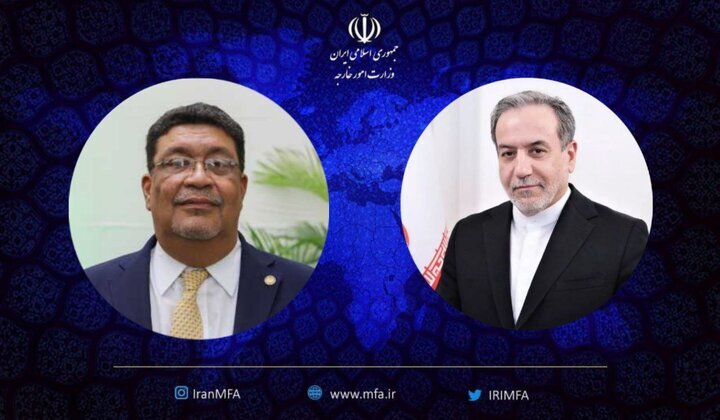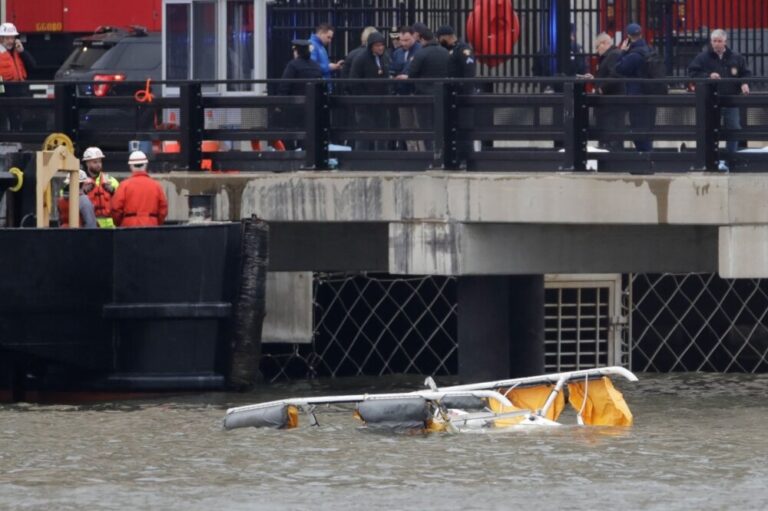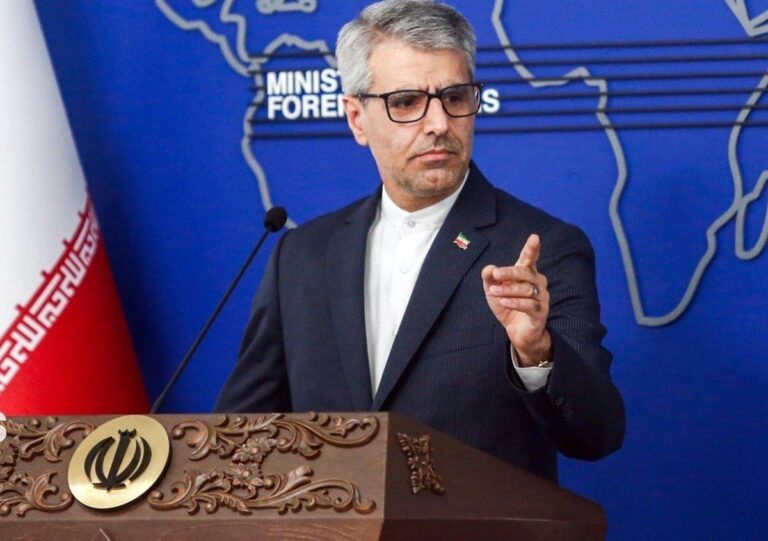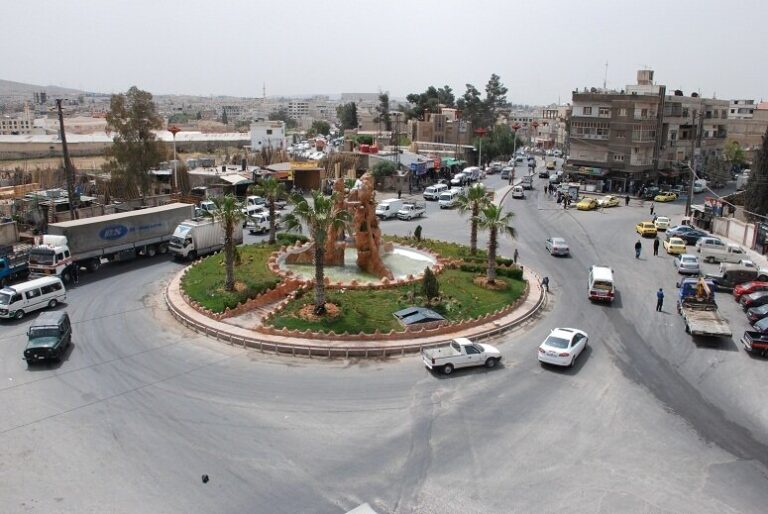Unveiling the Roots of Lebanese Forces’ Deep-Seated Hatred for Iran
On April 26, 2025, a devastating explosion rocked Iran’s Shahid Rajaee Port in Bandar Abbas, leading to an outpouring of condolences and offers of assistance from various countries. However, the Lebanese government, particularly the Foreign Ministry led by Youssef Rajai of the Lebanese Forces, chose to remain silent. This lack of response is seen as shameful, especially considering Iran’s long-standing role in supporting Lebanon against external threats, particularly from Israel. This article explores the historical context of Iran’s support for Lebanon and the implications of the Lebanese government’s stance.
The tragic events surrounding the explosion highlight a complex relationship. During previous conflicts, particularly the U.S.-led aggression against Lebanon from September to November, Iran provided substantial aid, including:
- Medical supplies
- Food assistance
- Financial contributions
Despite this history of support, Prime Minister Nawaf Salam’s decision to ignore the incident contrasts sharply with the reactions from other nations, including Saudi Arabia, which expressed solidarity with Iran.
In a recent diplomatic development, the Iranian ambassador to Beirut, Mojtaba Amani, was summoned by Youssef Rajai to address a post made on social media platform X. Amani’s message, which diplomatically cautioned against potential traps laid by Rajai, did not explicitly mention Lebanon. This subtlety reflects the sensitive nature of Iranian-Lebanese relations, particularly given the historical animosities between Iran and the Lebanese Forces.
The complex history between Iran and Lebanon is not new. On July 4, 1982, Iranian diplomats faced a tragic fate at the hands of the Lebanese Forces. The Iranian Chargé d’Affaires, Sayyed Mohsen al-Moussawi, along with other diplomats, were abducted at a checkpoint in the Jisr al-Madfoun area. This incident, ordered by former President Bashir Gemayel, has become a symbol of the longstanding tensions between the two entities.
According to testimonies from prisoners released from Israeli prisons, the four Iranian diplomats were ultimately handed over to Israel. This incident has remained clouded in ambiguity, with Israel neither confirming nor denying the claims regarding the diplomats, making it a bargaining chip in negotiations concerning the fate of missing Israeli pilot Ron Arad since 1986.
Before the Islamic Revolution in February 1979, Iran, under Shah Mohammad Reza Pahlavi, aligned itself closely with American and Israeli interests. However, Imam Khomeini’s rise to power marked a significant shift in Iran’s foreign policy, particularly regarding the Palestinian cause. Khomeini supported the Palestinian struggle and denounced Zionism right from the onset of his movement against the Shah in 1963.
During the Iranian struggle against the Shah, the martyr Sayyed Musa al-Sadr, a pivotal figure in Lebanon’s contemporary resistance movement, provided refuge to numerous Iranian activists. Following the revolution, Khomeini closed the Israeli embassy and opened a mission for Palestine, further solidifying Iran’s commitment to the Palestinian cause. Yasser Arafat was among the first to visit post-revolution Iran, heralding a new era of solidarity with slogans like, “Today Iran, tomorrow Palestine.”
In August 1979, Khomeini designated the last Friday of Ramadan as “International Quds Day,” emphasizing Iran’s stance against Israeli occupation. The subsequent Israeli invasion of Lebanon prompted Tehran to send Islamic Revolutionary Guard Corps forces to train Lebanese resistance groups, significantly contributing to the formation of Hezbollah.
The establishment of an office for resistance movements in Iran, which facilitated cooperation among Iranian, Palestinian, and Lebanese leaders, eventually led to the creation of the “Quds Force.” This unit of the Iranian Revolutionary Guard played a crucial role in supporting Lebanese resistance against Israeli forces.
It is essential to recognize that Iran’s support for Lebanon has never been contingent on regional interests; rather, it has stemmed from a commitment to defending Lebanon’s sovereignty. This position starkly contrasts with the pro-Israel agenda of the Lebanese Forces. Consequently, officials and media aligned with the Lebanese Forces frequently mischaracterize Iran as an “enemy” while dismissing its assistance as an “occupation.”
The recent explosion at Shahid Rajaee Port serves as a reminder of the historical ties and mutual support between Iran and Lebanon amid ongoing tensions. As the Lebanese government grapples with its foreign policy, the implications of their silence in the face of Iranian support could have far-reaching consequences for the future of Lebanese sovereignty and regional dynamics.
